
Charcuterie boards, eggnog, candy: For many, the holiday season means indulging in these types of unhealthy treats.
But doctors and nutritionists say that in their own lives, what they generally avoid are beverages and processed foods that contain high levels of added sugar and salt.
NBC News spoke with nine health experts — doctors, registered dietitians and nutrition professors — about their approaches to a healthy diet. Nearly all said they try to replace items like cookies, crackers and deli meats with vegetables, fruits and whole grains.
“I really try to do a whole foods approach,” said Jaimie Davis, a registered dietitian and professor of nutritional sciences at the University of Texas at Austin. “My rule is that if I’m having dinner or lunch, I’m trying to make everything not come out of a package. So that could be chicken breasts with broccoli and rice.”
Here’s how the experts determine what to avoid.
Sweet drinks are highly caloric
Davis said she avoids sodas, sports drinks, coffee and other sugary beverages to reduce her calorie intake and keep her two teenage boys healthy.
“We have the LaCroixs and the sparkling waters if we want something special, as opposed to just normal water or just regular milk,” Davis said. “We also make a lot of aguas frescas, so like infused waters with basil and strawberries.”
Some alcoholic cocktails are also deceptively sugary and caloric, she said. Instead, Davis recommends mixing sparkling water with a dash of hard liquor, and garnishing with fruit like raspberries or pomegranate seeds.
Research has long demonstrated a link between high sugar intake and obesity and heart disease. An October study looking at the effects of consuming sugary drinks on adults in 185 countries found they were associated with risks for Type 2 diabetes, cancer and tooth decay.
“It’s almost better to eat a Snickers bar than to drink a 20-fluid-ounce Coke,” Davis said.
Foods high in sodium can be thought of as treats
Angel Planells, a Seattle-based registered dietitian nutritionist, said he avoids admittedly “delicious” foods like cured meats, smoked fish, canned soups and frozen TV dinners.
“I like to talk to my patients and say, you know, these things are like treats,” he added. “If you have them all the time, they’re not a treat, they’re now a habit.”
These sodium-rich foods can lead to issues with heart health, Planells said. The American Heart Association suggests that, ideally, people consume less than 1,500 milligrams of sodium per day, and the maximum should be 2,300 milligrams. Too much salt is linked to high blood pressure and obesity, a 2021 study found.
Lauren Au, a professor of nutritional sciences at the University of California, Davis, said she cooks at home and limits restaurant outings to avoid sodium. She also follows a plant-based, Mediterranean-style diet that limits red meat consumption and emphasizes vegetables, nuts, whole grains and beans. Au said her diet includes olive oil, seafood, chicken and tofu.
“I also have young kids. So when they’re first exposed to foods, you really want to reduce the amount of sodium because they’re developing their taste preferences,” Au said. “When I cook, I try to limit, if not have much sodium at all, and then just add it on to taste after it’s cooked.”
A high price to pay for fatty snacks
Dr. Linda Shiue, an internist and director of culinary and lifestyle medication at Kaiser Permanente, said she avoids snacks like packaged cookies and crackers. She also checks food labels for chemicals used as additives or preservatives.
“If you don’t know what it is, you really don’t need it in your body,” she said.
Eating large quantities of ultraprocessed foods can raise one’s risk of obesity, heart disease, cancer, diabetes, irritable bowel syndrome, depression and death, according to a 2020 review of published research. This category of food includes sodas, hot dogs, candy, breakfast cereals and ice cream, which can contain high levels of saturated fat.
A 2020 study showed that eating less saturated fat is linked to reduced risk of heart attacks, while other research published the same year found that diets high in saturated fat were associated with higher rates of death from all causes.
Shiue said it’s important to prioritize vegetables because they’re a source of fiber, which can improve gut health, and antioxidants that help prevent chronic disease. Making vegetables enjoyable comes down to cooking methods and seasonings, she added. A cooking instructor, Shiue said she once once convinced a hater of Brussels sprouts to love them by roasting the sprouts at high heat in the oven and seasoning with olive oil, salt and pepper.
“A lot of people who don’t like vegetables, it’s because they grew up with people who didn’t know how to cook them. So they might have these sad, soggy, colorless vegetables, and who wants to eat that?” Shiue said.
There’s no one-size-fits-all way to eat healthy
Several nutrition experts interviewed emphasized that there’s no one, uniform way to eat healthy, and that factors including socioeconomic status, access to affordable healthy food, and an understanding of food labels can stand in the way of a nutritious diet.
For those who don’t know where to start, Maya Feller, a registered dietitian nutritionist in New York City, suggested visiting a doctor to get a better sense of one’s personal health: “Where are your blood sugars? How’s your blood pressure? Where’s your cholesterol?”
Once you know there’s no dysfunction or allergies, she said, then work on making fruits, vegetables, whole grains, beans, nuts, seeds and legumes “a central part of your pattern of eating.”
However, Laura Bellows, an associate professor of nutritional sciences at Cornell University, said that rather than avoiding certain foods altogether, she takes a moderation-is-key approach and follows the dietary guidelines outlined by the Department of Agriculture.
“There are no bad foods, only bad quantities,” she said.

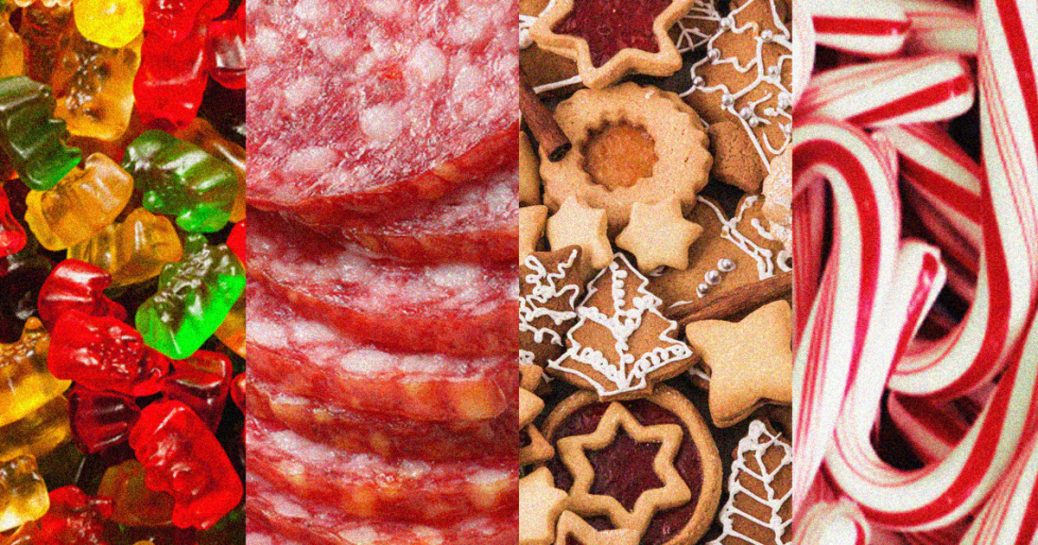
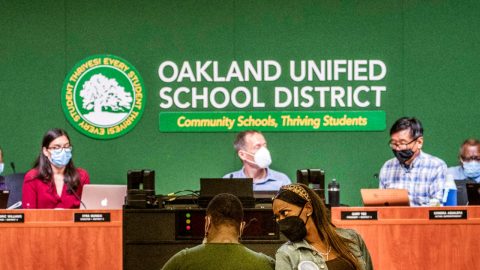


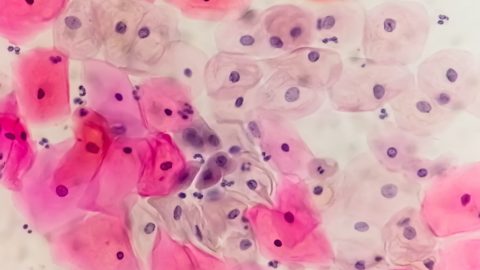

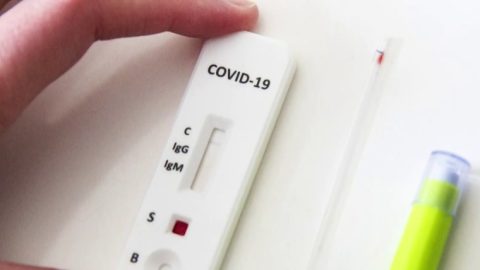

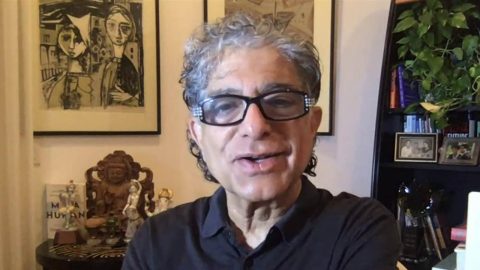
Recent Comments